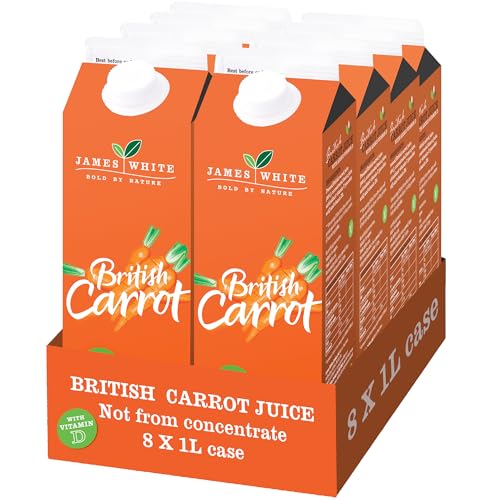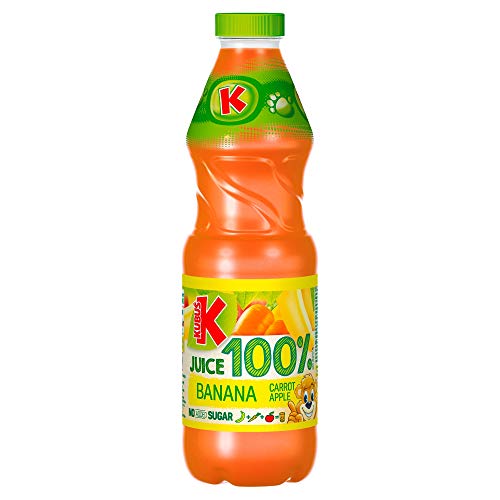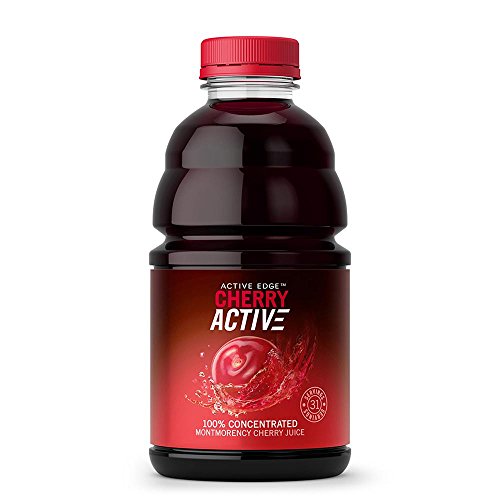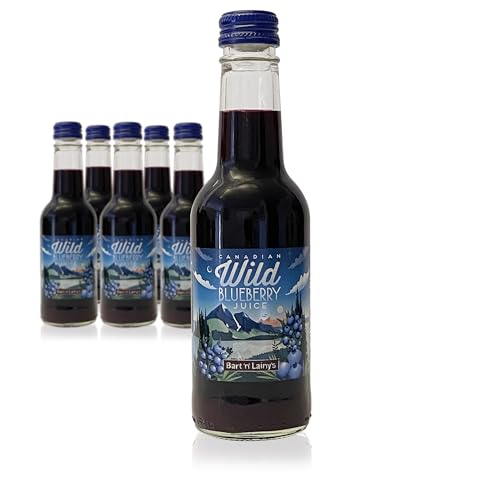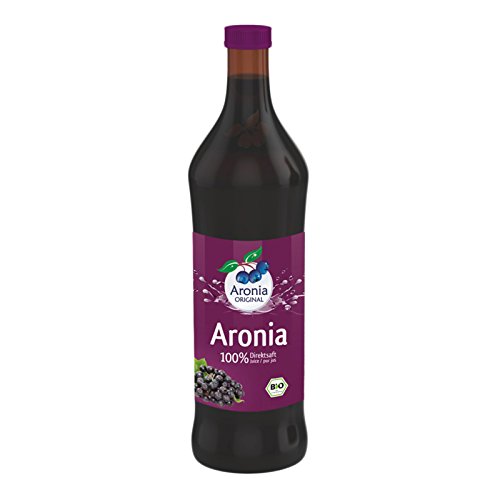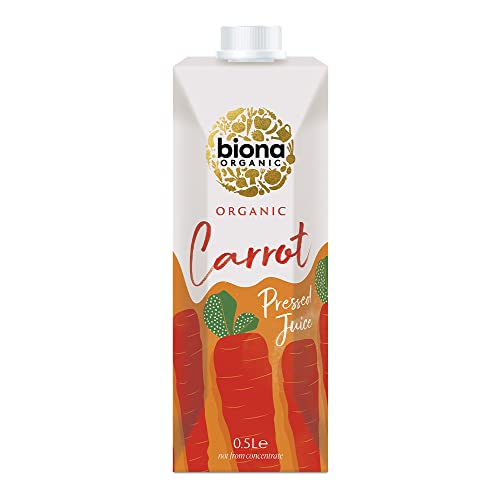Understanding Vegetable Juice: What It Is and How It Benefits You
What is Vegetable Juice?
Vegetable juice is a drink made by extracting the liquid from vegetables, often combining a mix of different types to create a refreshing beverage. It’s typically enjoyed for its health benefits and can serve as a nutritious addition to our diets. By consuming vegetable juice, we can increase our intake of vitamins, minerals, and antioxidants, which are essential for maintaining good health.
Health Benefits of Vegetable Juice
Drinking vegetable juice can be beneficial in several ways. It can aid in digestion, provide energy, and boost our immune system, all while keeping caloric intake low. The concentrated nutrients found in vegetable juice can help support our body’s overall function, promoting better skin health and improved hydration. Regular consumption can also encourage a healthier lifestyle, as it can satisfy cravings for sweet or salty snacks, making it easier to reach our daily nutritional goals.
How Vegetable Juice Fits Into a Balanced Diet
Incorporating vegetable juice into our daily routine can be a convenient way to help meet our dietary needs. It can be enjoyed alone or used as a base for smoothies, soups, and dressings. By adding vegetable juice to our diet, we can ensure a diverse intake of nutrients while enhancing the flavour and health benefits of our meals.
Different Types of Vegetable Juice: Fresh, Packaged, and More
Fresh Vegetable Juice
Fresh vegetable juice is made from freshly harvested vegetables, either at home or from juice bars. This type of juice typically retains the most nutrients and flavour, making it an ideal choice for those seeking maximum health benefits. We can easily create customised blends tailored to our tastes and dietary preferences.
Packaged Vegetable Juice
Packaged vegetable juice is widely available and convenient for on-the-go lifestyles. It often comes in bottles or cartons and may have added preservatives for longer shelf life. Although it can be a quick option, the nutrient content can vary, so it’s important to check labels for added sugars or fillers that may detract from its health benefits.
Frozen or Shelf-Stable Juices
Frozen or shelf-stable vegetable juices can be an excellent option for preserving the nutrients in vegetables without needing refrigeration. These juices are often processed shortly after harvest to maintain freshness. When opting for these types, we should look for products that use minimal processing to ensure that we’re still getting the nutritional value we expect.
Choosing the Right Vegetable Juice: Factors to Consider
Nutritional Content
When selecting vegetable juice, it’s essential to consider its nutritional content. Ideally, we want a juice that is low in sugar and high in vitamins and minerals. Reading nutrition labels can help us choose juices that are higher in vegetable content and avoid those with excessive additives that might reduce their health benefits.
Taste Preferences
Taste is another important factor when choosing vegetable juice. Different vegetables have unique flavours, and combinations can create exciting taste profiles. We should sample various options to discover which flavours we enjoy most, whether we prefer bold, earthy tastes or lighter, fresher combinations.
Purpose of Consumption
The reason we are drinking vegetable juice can also inform our choice. Some may seek juices for detoxification, while others might choose nutritional supplements to complement their meals. Understanding our purpose can guide us toward options that align with our health goals.
Making Your Own Vegetable Juice: A Simple Guide
Choosing Your Ingredients
Making vegetable juice at home gives us full control over what goes into our drink. Choosing fresh, organic vegetables can enhance both flavour and nutrition. Popular ingredients include carrots, spinach, celery, beets, and cucumbers, which can be easily combined based on personal preference.
Juicing Techniques
To make vegetable juice at home, we can use either a juicer or a blender. A juicer will extract the juice while discarding the pulp, resulting in a smoother consistency. If using a blender, we can blend the vegetables with a bit of water and then strain the mixture through a fine mesh sieve for a juice-like texture. Both methods yield delicious results and allow us to experiment with different combinations.
Storage Tips
Fresh vegetable juice is best consumed shortly after making it to retain its nutrients. However, if we need to store it, we can keep it in an airtight container in the fridge for up to three days. Although some nutrient loss may occur during storage, homemade juice can still be a healthier option compared to processed alternatives.
Top Vegetable Juice Brands to Consider
Popular Brands and What They Offer
There are numerous brands on the market known for their quality vegetable juices. We should look for brands that use high-quality ingredients, offering a range of flavours and formulations that suit our needs. Many brands focus on organic options, which can be a key factor for health-conscious consumers.
Evaluating Ingredients and Flavour Profiles
When considering specific brands, it’s important to evaluate their ingredient lists for any hidden additives. The best choices will contain primarily vegetables with no added sugars or preservatives. Remember, experimenting with different brands can help us find the perfect match for our taste preferences.
Customer Reviews and Recommendations
Reading customer reviews can provide valuable insights into the taste and quality of different vegetable juices. We might also seek recommendations from friends or family members who share similar health interests. Engaging in discussions about our experiences with different brands can lead to discovering new favourites.



